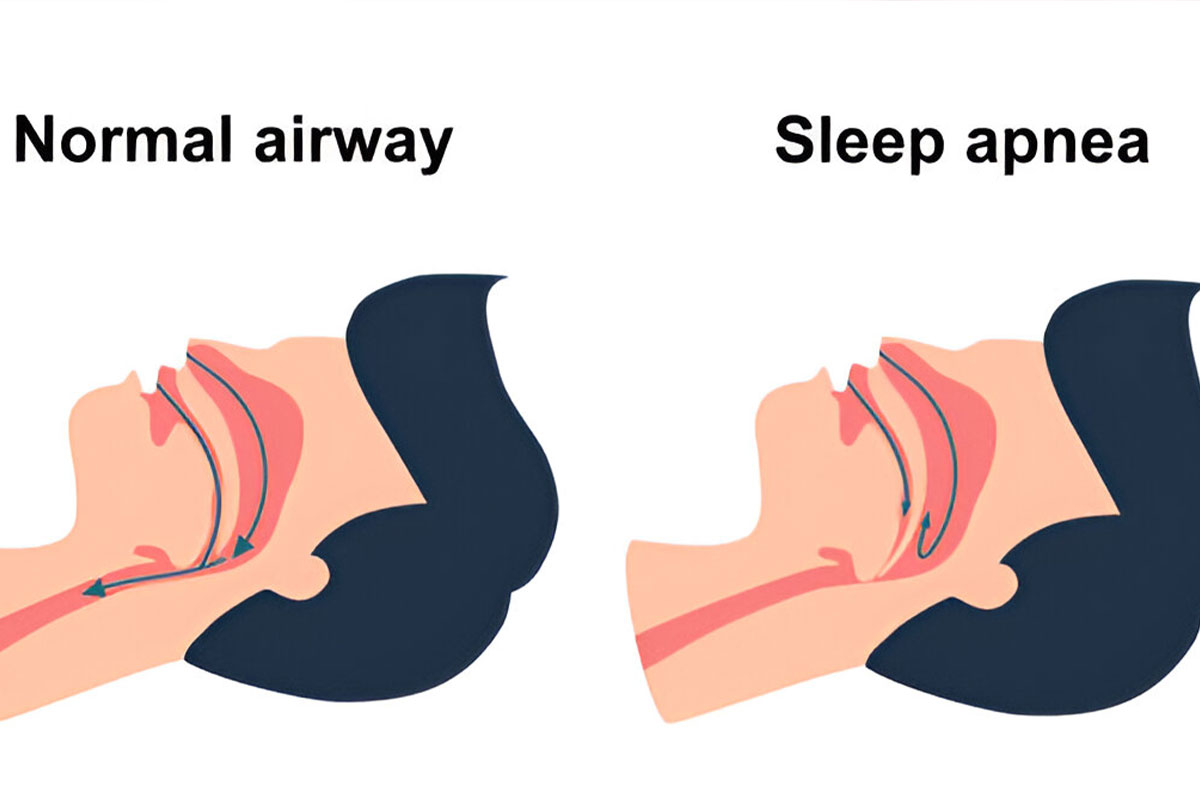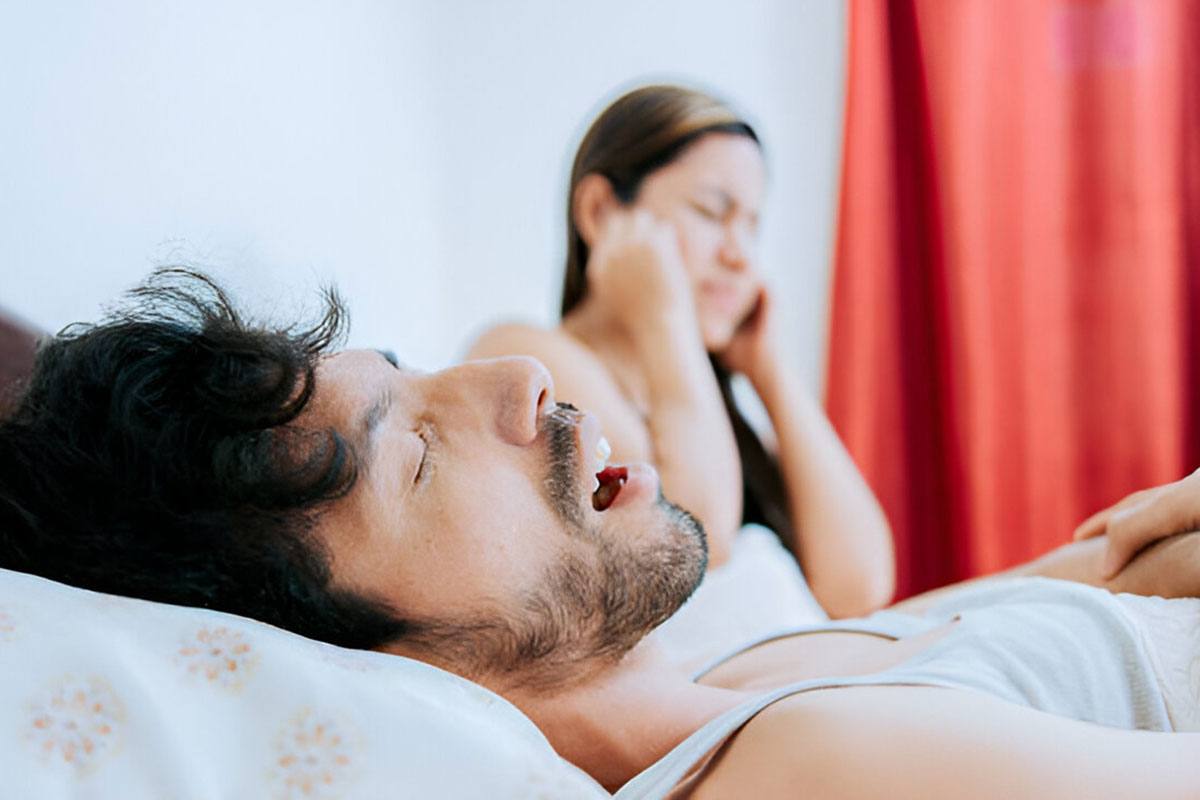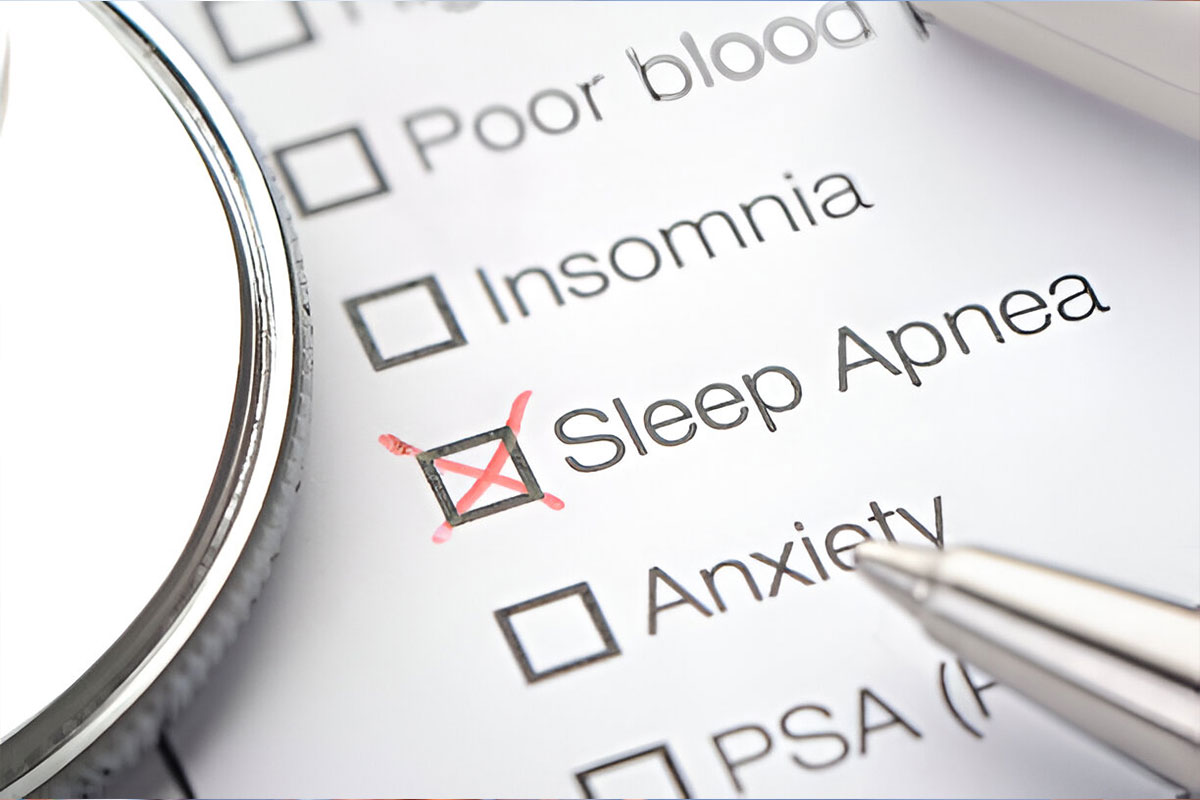What is Sleep Apnea?
Approximately 25 million adults in the U.S. have obstructive sleep apnea (OSA), which can cause them to stop breathing hundreds of times a night for anywhere from a few seconds to more than a minute.
People with sleep apnea usually do not remember waking up during the night.
- Morning headaches
- Excessive daytime sleepiness
- Irritability and impaired mental or emotional functioning
- Excessive snoring, choking, or gasping during sleep
- Insomnia
- Awakening with a dry mouth or sore throat
- Risks of Untreated Sleep Apnea
People suffering with sleep apnea often feel sleepy during the day, thus finding it hard to focus on everyday tasks such as: driving, work, school, reading, watching television, etc.
In more serious cases the lack of oxygen can lead to:- High blood pressure
- Heart attacks
- Weight gain
- Diabetes
- Strokes
- Sudden death
How do you know if you or a loved one has sleep apnea? In most cases, a spouse or a friend is the first to suspect that someone they know may be suffering from sleep apnea.
Common signs of sleep apnea include snoring and gasping or choking sounds during sleep. Like snoring, sleep apnea is more common in men, but it can occur in women too, especially during and after menopause. Having excess body weight, a narrow airway or misaligned jaw all increase the risk of sleep apnea.
If you know someone whom you have noticed to have these symptoms, please encourage them to see a doctor for an evaluation.



